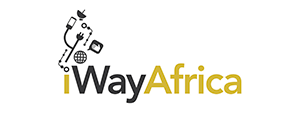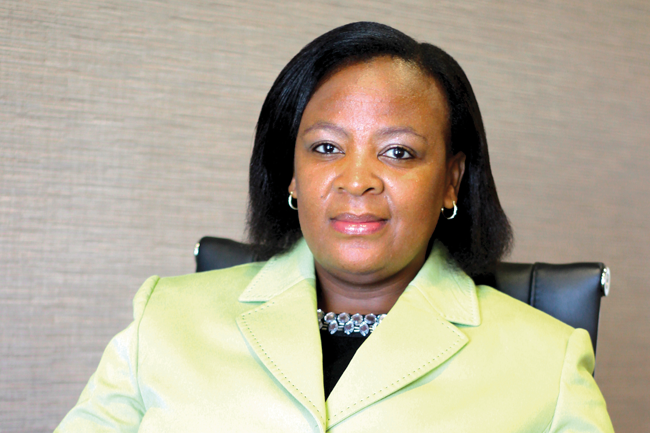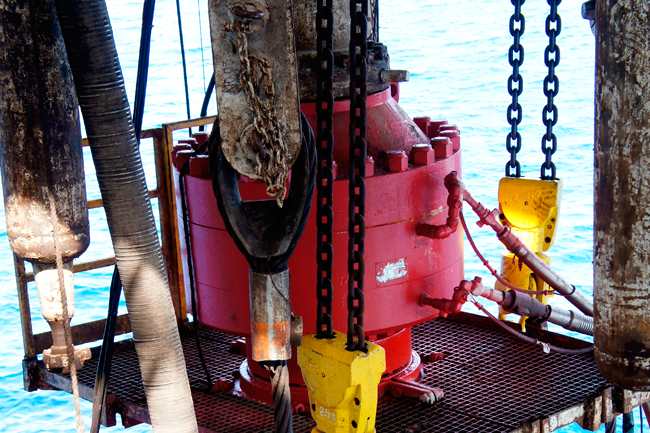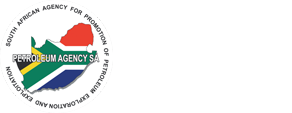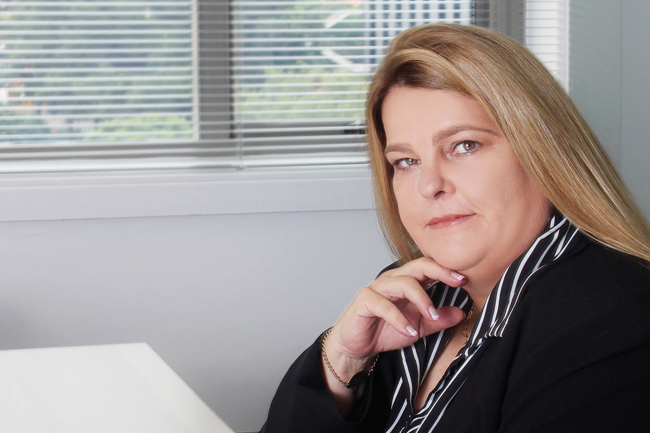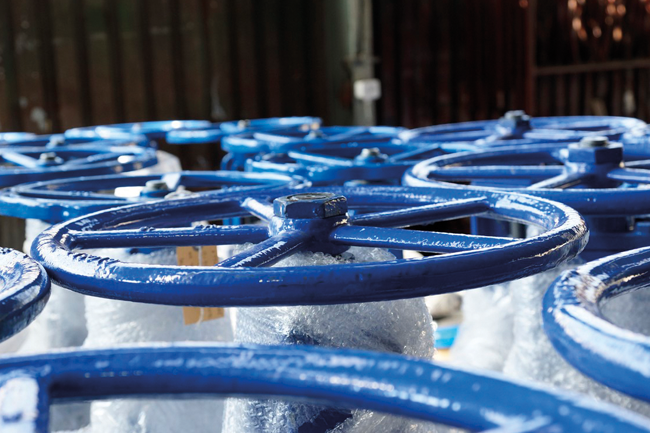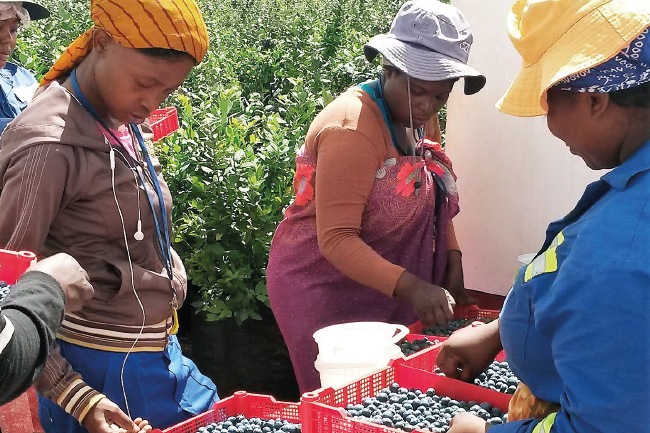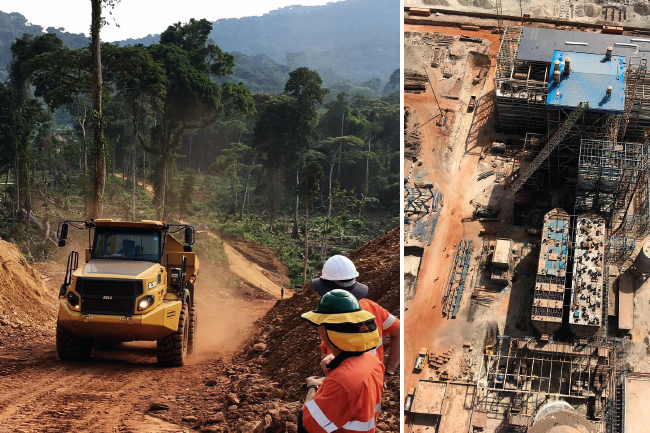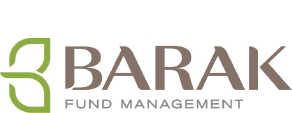iWayAfrica, a pan-African service provider of telecommunications solutions across Africa, has signed the first Hylas-4 master distributor contract with Avanti Communications, to provide satellite broadband services across sub-Saharan Africa.
The master distributor contract allows iWayAfrica to use the latest Ka-band technology provided by Avanti’s Hylas-4 satellite, which has widespread coverage of sub-Saharan Africa. iWayAfrica will provide affordable high-speed satellite broadband to connect homes, SMEs, schools and enterprises across the region, especially in rural and remote locations where terrestrial networks are limited.
Avanti Communications Group, a leading satellite operator, provides Ka-band data communications services across the UK, Europe, the Middle East and Africa. Building on the success of its previous high-throughput satellites, Avanti’s third satellite, Hylas-4, was launched in April 2018 and is scheduled for commercial service over sub-Saharan Africa from August. Operating with 64 beams from five ground earth stations, Hylas-4 significantly extends Avanti’s coverage to West and Central Africa for the first time.
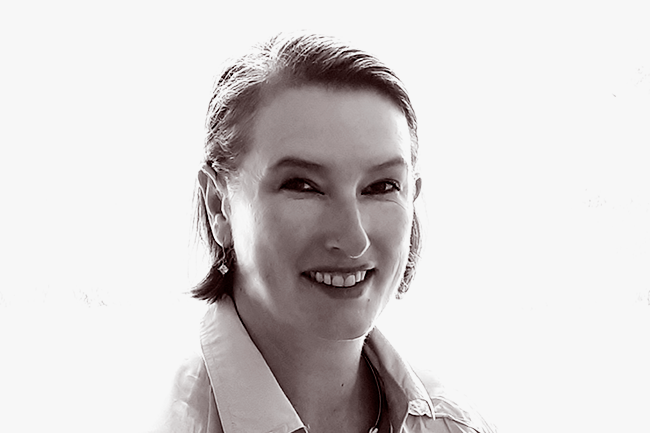
As a wholesale VSAT provider, iWayAfrica has worked successfully with Avanti since 2014 for its Hylas-2 services in East and Southern Africa. Its appointment as master distributor is a natural extension of the two parties’ existing relationship, bringing even faster broadband services to the rest of Africa. The company has regional offices in Ghana, Kenya, Mauritius and South Africa. ‘With Hylas-4, we are excited to take Avanti’s high-speed service plans to West and Central Africa for the first time. We are actively engaged with our partner network to bring these services online, as well as extending our reach in the region even further to new partners and new territories,’ says Michèle Scanlon, MD of iWayAfrica’s VSAT wholesale services division.
Ka-band satellite services have been designed to deliver high throughput and high-speed meeting the expectation and user experience of today’s demanding broadband customer. Most installations only require a small 74 cm antenna thus reducing the equipment and installation costs associated in the past with broadband via VSAT.
iWayAfrica launched its JOLA broadband service in December 2016 for sub-Saharan Africa bringing flexibility and affordability on Ku-band service plans on IS-28 for consumer and SME segments. JOLA Ka is an extension of those same key service elements of delivering broadband happiness to Africa. ‘With a range of service plans including capped and uncapped with download speeds of up to 35 Mbps and upload speeds of up to 4 Mbps, JOLA Ka has an affordable and reliable option for every type of broadband user,’ says Scanlon.
iWayAfrica offers its partners competitive wholesale rates, sales and marketing support with lead generation, installation training and accreditation, a 24/7 network management centre and access to a dedicated distributor partner portal access. It is part of Gondwana International Networks (GIN), a pan-regional telecoms investor with corporate ISPs across sub-Saharan Africa that trade as iWayAfrica or AfricaOnline. The group was among the first companies on the continent to embrace the benefits of satellite-based communication and then, driving penetration on the back of the subsequent internet revolution.
GIN’s service offerings are diverse and cover both satellite and terrestrial connectivity solutions and other types of data and value-added services. The group’s service portfolio evolves constantly to address changing market demands and technological advancements. Satellite services include C-, Ku- and Ka-band solutions, while its terrestrial services vary across markets, including licensed and unlicensed wireless, copper, fibre, cellular and WiFi services.
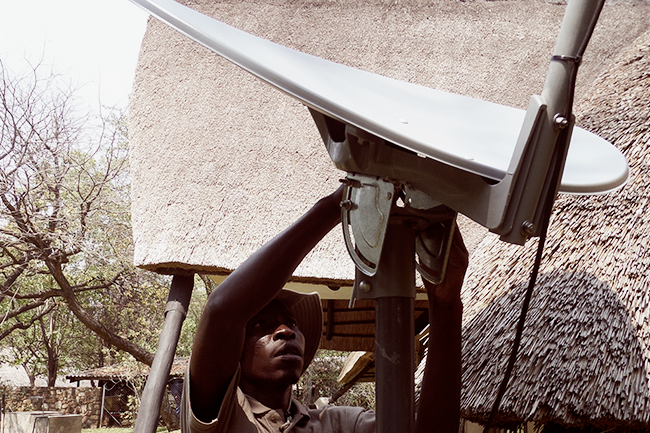
As elsewhere in the world, Africa is seeing an increasing reliance on internet connectivity for all aspects of working and social lives, with governments striving for new digital economies and its associated economic benefits. Yet in Africa, huge coverage gaps, poor quality of service connectivity and high equipment costs remain constraints on ability to drive market penetration. Satellite is a key element of the GIN approach to unlocking connectivity on the continent where more than 70% of the population remain unconnected despite large investments in fibre and other terrestrial services.
With at least 25 years of providing high-end satellite services across Africa to telecoms operators and enterprise customers via its partner network more than 44 markets, iWayAfrica has earned its reputation as a quality provider of services evidenced by its customer base and its consistent industry awards for VSAT operator of the year and best customer service provider of the year.


